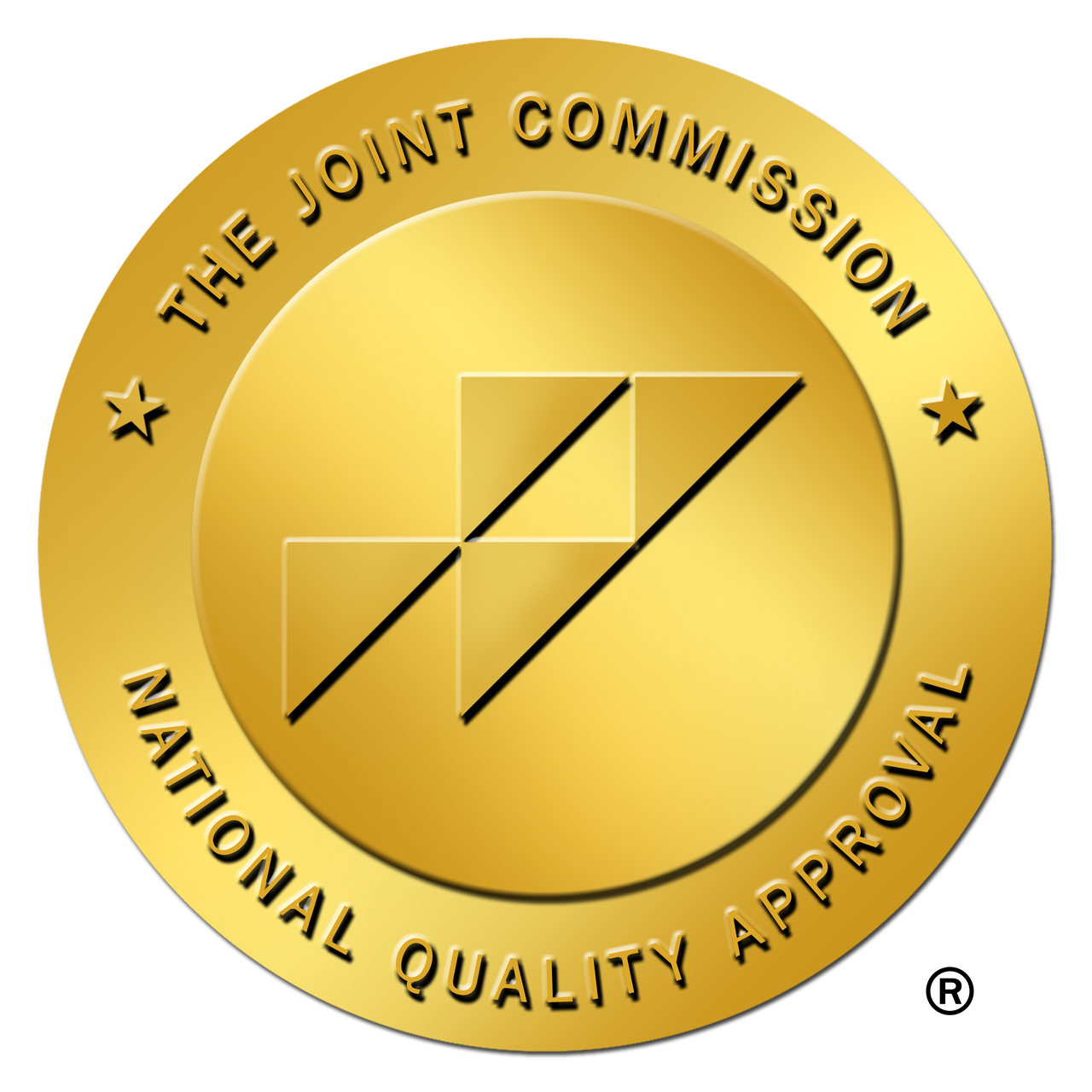What to Expect During Alcohol Rehab in Maryland

Alcohol rehabilitation is a critical journey for those seeking to overcome addiction and reclaim their lives. In Maryland, the rehabilitation process is structured to provide individuals with comprehensive support, addressing not only the physical aspects of addiction but also the emotional and psychological challenges that come with it. Understanding the stages of alcohol rehabilitation can empower individuals and their families to navigate this complex journey with confidence and clarity.
This blog post will provide a detailed overview of the stages and processes involved in alcohol rehabilitation in Maryland. From the initial assessment to ongoing support systems after treatment, we aim to equip readers with valuable insights into what to expect during each recovery phase. By familiarizing yourself with these elements, you can better prepare for the challenges ahead and embrace the path toward a healthier, alcohol-free life.
Alcohol rehabilitation in Maryland typically involves several distinct stages, each designed to guide individuals through their recovery journey. The initial stage is detoxification, where individuals undergo medical supervision to withdraw from alcohol safely. This process can vary in duration and intensity based on the severity of the alcohol dependence. During detox, medical professionals monitor vital signs and manage withdrawal symptoms, ensuring a safe and supportive environment.
Once detoxification is complete, individuals transition to rehabilitation programs. This phase often includes both inpatient and outpatient options, where clients engage in various therapeutic activities. These may consist of individual counseling, group therapy, and holistic treatments tailored to address the psychological, emotional, and social aspects of addiction. Each stage of rehabilitation serves as a building block, equipping individuals with the tools and support they need to maintain sobriety and prevent relapse in the future.
During alcohol rehabilitation in Maryland, individuals can anticipate several vital processes that are designed to support their recovery journey. The first critical step is the intake assessment, where healthcare professionals evaluate the patient's medical history, substance use patterns, and psychological state. This assessment helps develop a personalized treatment plan tailored to the specific needs of the individual. Following the evaluation, patients typically engage in detoxification, a medically supervised process where the body eliminates alcohol. Detox not only helps manage withdrawal symptoms safely but also sets the foundation for further therapeutic interventions.
After detoxification, participants enter the rehabilitation phase, which may include individual and group therapy sessions. These therapeutic approaches aim to address the underlying emotional and psychological factors contributing to alcohol dependency. Various educational workshops may teach patients coping strategies and relapse prevention techniques. Evidence-based practices and holistic therapies, such as mindfulness and recreational activities, further enhance the healing experience. Throughout this process, individuals will gain valuable insights into their behaviors and motivations, ultimately working towards a healthier, alcohol-free lifestyle.
Support systems are crucial elements of alcohol rehabilitation in Maryland. Patients can access a variety of resources designed to foster healing and recovery. One of the primary support systems includes group therapy, where individuals share their experiences and engage with others facing similar struggles. This environment promotes camaraderie, helping participants feel less isolated and more understood. Additionally, many rehab centers in Maryland offer family therapy sessions, allowing loved ones to understand addiction and its impact better.
Beyond therapy sessions, patients can also benefit from 12-step programs like Alcoholics Anonymous (AA), which provide a structured approach to recovery. These programs emphasize accountability and community support through regular meetings, offering continuous encouragement as individuals navigate their sobriety journey.
Moreover, many rehabilitation facilities in Maryland integrate holistic approaches, such as mindfulness or fitness activities, to enhance overall well-being. By leveraging a combination of professional guidance, peer support, and holistic practices, patients create a comprehensive support system that significantly increases their chances of successful recovery from alcohol addiction.
Want to learn more about the services we offer at The Valley? Feel free to contact us using the contact page, email us at info@thevalleymd.com, or call us at (301) 355-7455. We look forward to hearing from you and helping you on your journey toward sobriety!
 ® The Valley®
® The Valley®



